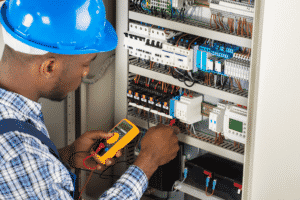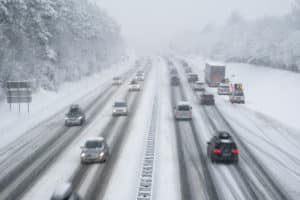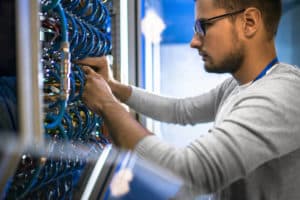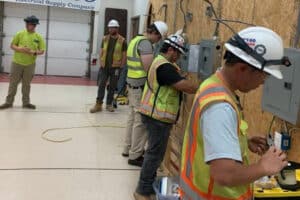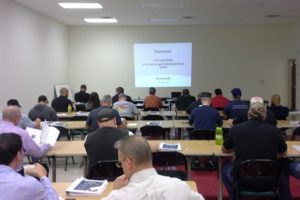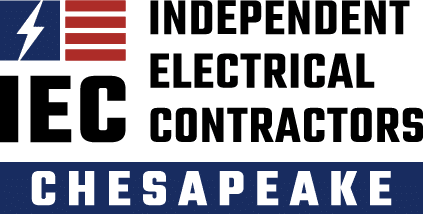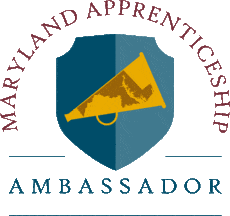OVERVIEW
Key issues this Session include COVID 19 relief for Maryland residents and Maryland businesses, police reform and accountability, legislation addressing racial equity, and clean energy legislation. Regarding the issue of clean energy proposals, IEC Chesapeake is working with the Maryland Clean Energy Center to review the myriad of green energy legislation at the state level. IEC Chesapeake is also reviewing and commenting when necessary on workforce development issues. IEC Chesapeake is working with our business partners NFIB and ABC to address legislation that could negatively impact our members in terms of extra financial costs and regulatory burdens.
MARYLAND LEGISLATION OF INTEREST TO IEC CHESAPEAKE
Withdrawn / Failed Legislation
House Bill 64 – Labor and Employment – Occupational Safety and Health – Handwashing Facilities on Construction Sites: HB64 was withdrawn by the sponsor. House Bill 64 would have required hand washing facilities on construction sites.
House Bill 420 – Employers of Ex-Offenders – Liability for Negligent Hiring or Inadequate Supervision – Immunity: HB420 was withdrawn by the sponsor. The bill-would have provided incentives to hire employees who had been convicted of certain crimes.
House Bill 726 – Labor and Employment-Apprenticeship and Training Council-Representation: HB726 received an unfavorable report by the House Economic Matters Committee. HB 726 would have required the Maryland and Apprenticeship and Training Council to have individuals serving on the Council who are Black and Latino.
Passed Legislation / Signed into Law
Senate Bill 496 – Recovery for the Economy, Livelihoods, Industries, Entrepreneurs, and Families (RELIEF) Act: On February 15th, Governor Hogan signed into law SB 496 which provides direct stimulus payments to low and moderate income Marylanders and additional support for unemployed Marylanders. For small businesses, there are immediate sales tax credits, unemployment tax relief and additional loan and grant forgiveness. This bill was passed in response to COVID-19 as emergency legislation going into effect on the day it was signed. https://governor.maryland.gov/wp-content/uploads/2021/02/RELIEF-Act-One-Pager-.pdf
Upcoming Hearings
Senate Bill 762 / House Bill 1262 –Maryland Electricians Revisions Act: SB 762 will be heard on Tuesday, March 2nd before the Senate Education, Health and Environmental Affairs Committee. Grant Shmelzer will testify in support of SB762 which seeks to create a statewide journeyperson electrician license. The legislation comes out of the work of an interim workgroup. The legislation would create efficiencies for electrical contractors and result in reciprocity with other jurisdictions. The legislation also addresses concerns of local governments and local electrical boards. The legislation does not directly address the licensing of low voltage workers. That issue will be addressed in subsequent legislative sessions. The House companion bill HB1262 will be heard on March 9th in the House Economic Matters Committee. Grant will also testify in support of HB1262. IEC Chesapeake has been the leader in seeking the establishment of a statewide journeyperson electrician license for nearly decade.
House Bill 1326 / Senate Bill 727 Maryland Healthy Working Families Act – Revisions and Public Health Emergency Leave: On March 2nd, IEC Chesapeake will submit a letter of opposition to HB1326 which seeks to expand paid sick leave for employees during a public health emergency. IEC Chesapeake is joining with a variety of businesses in opposing the bill because it would result in added financial and administrative burdens on businesses that have had to spend additional money on items such as personal protective equipment (PPE) during the COVID 19 pandemic. On March 17th, IEC Chesapeake will also submit a letter of opposition to SB727, the Senate companion bill.
House Bill 1321 Labor and Employment – Right to Work: HB1321 will be heard on March 5th in the House Economic Matters Committee.
House Bill 923 / Senate Bill 728-Labor and Employment-Worker Safety and Health-Injury and Illness Prevention Program: HB923 will be heard on March 5th in the House Economic Matters Committee. HB923 applies to businesses with a minimum of ten employees and who have a rate of injury and illness higher than the average of all industries in Maryland. The affected businesses would have to establish a Health and Safety Committee with an equal number of managerial and non-managerial employees. The committee must have a minimum of quarterly meetings. There are training, inspection, and record keeping requirements. IEC Chesapeake believes that during these challenging times for businesses to remain viable, it is unwise public policy to place additional financial and administrative burdens on businesses. There are currently Maryland Occupational Safety and Health (MOSH) regulations to address safety issues in the workplace. SB728 will be heard on March 17th in the Senate Finance Committee.
Senate Bill 940 – Public Safety-Fire Prevention Codes and Maryland Building Performance Standards-Solar Energy Generating Systems: SB940 was introduced on February 12th, at the request of the Maryland Solar Industry and it applies to the installation of solar panels on the roofs of single-family homes. The legislation seeks to ensure that there is enough room for solar panels to be installed in light of the requirement of a fire protection pathway. Because of its late introduction, SB940 was assigned to the Senate Rules Committee and is awaiting a vote from the Rules Committee to assign it to a Standing Committee. No hearing has been scheduled.
WASHINGTON DC COUNCIL LEGISLATION OF INTEREST
B24-0042 – Apprenticeship Procurement Incentive Amendment Act of 2021: B24-0042 is sponsored by Council Members Robert White, Janeese Lewis George, Brianne Nadeau, Trayon White, and Brooke Pinto and was introduced on January 25, 2021. On February 2, the bill was referred to the Committee on Labor and Workforce Development and the Committee on Government Operations and Facilities. No hearing has been scheduled. The bill seeks to give prime contractors 3% or 3 points advantage on their bids if they register an apprenticeship program with the District of Columbia and agree that 70% of the apprenticeship hours performed are done so by District of Columbia residents. No hearing has been scheduled at this time.
CONTACT INFORMATION
Kevin O’Keeffe
[email protected]; (410) 382-7844
